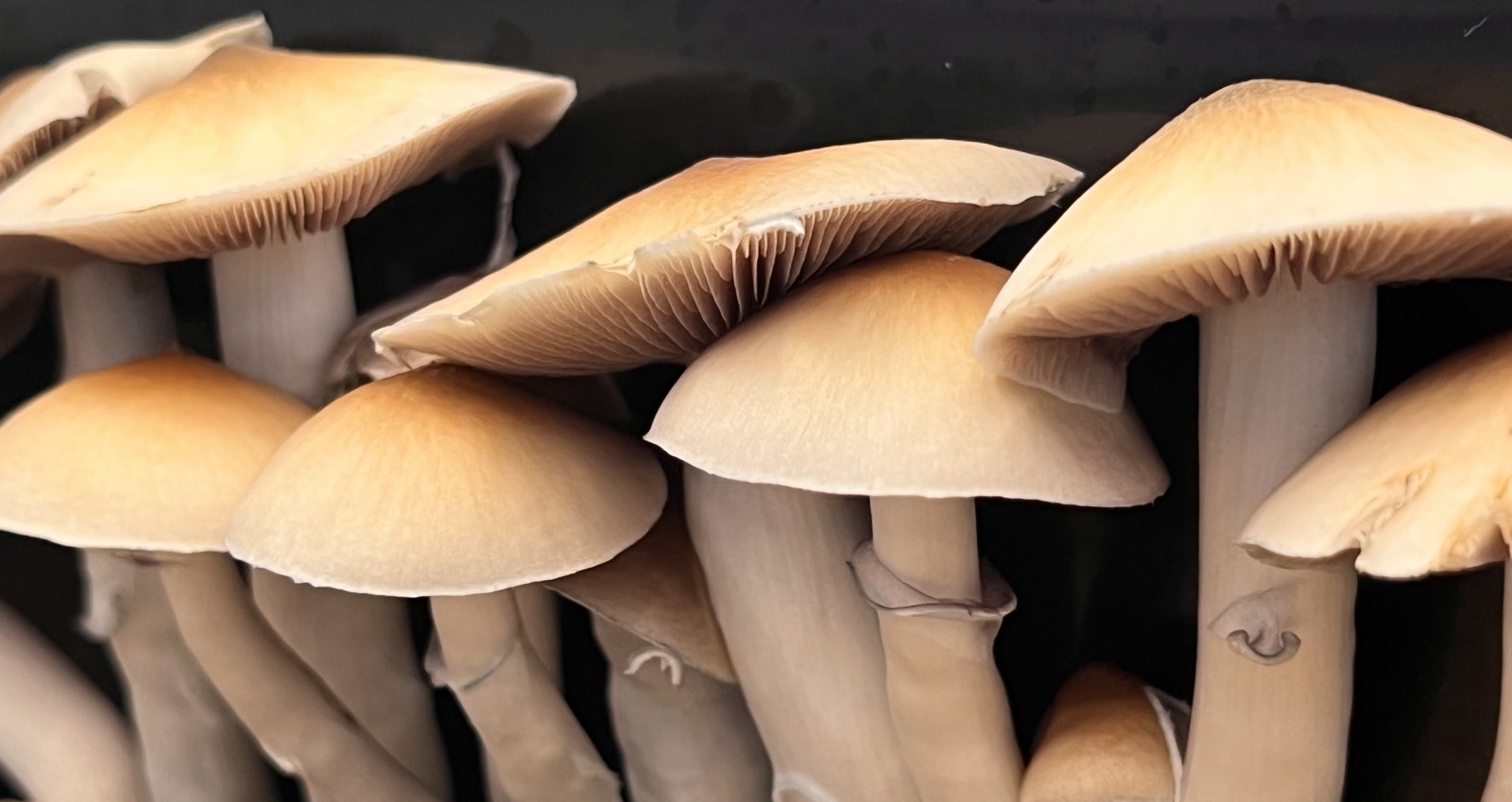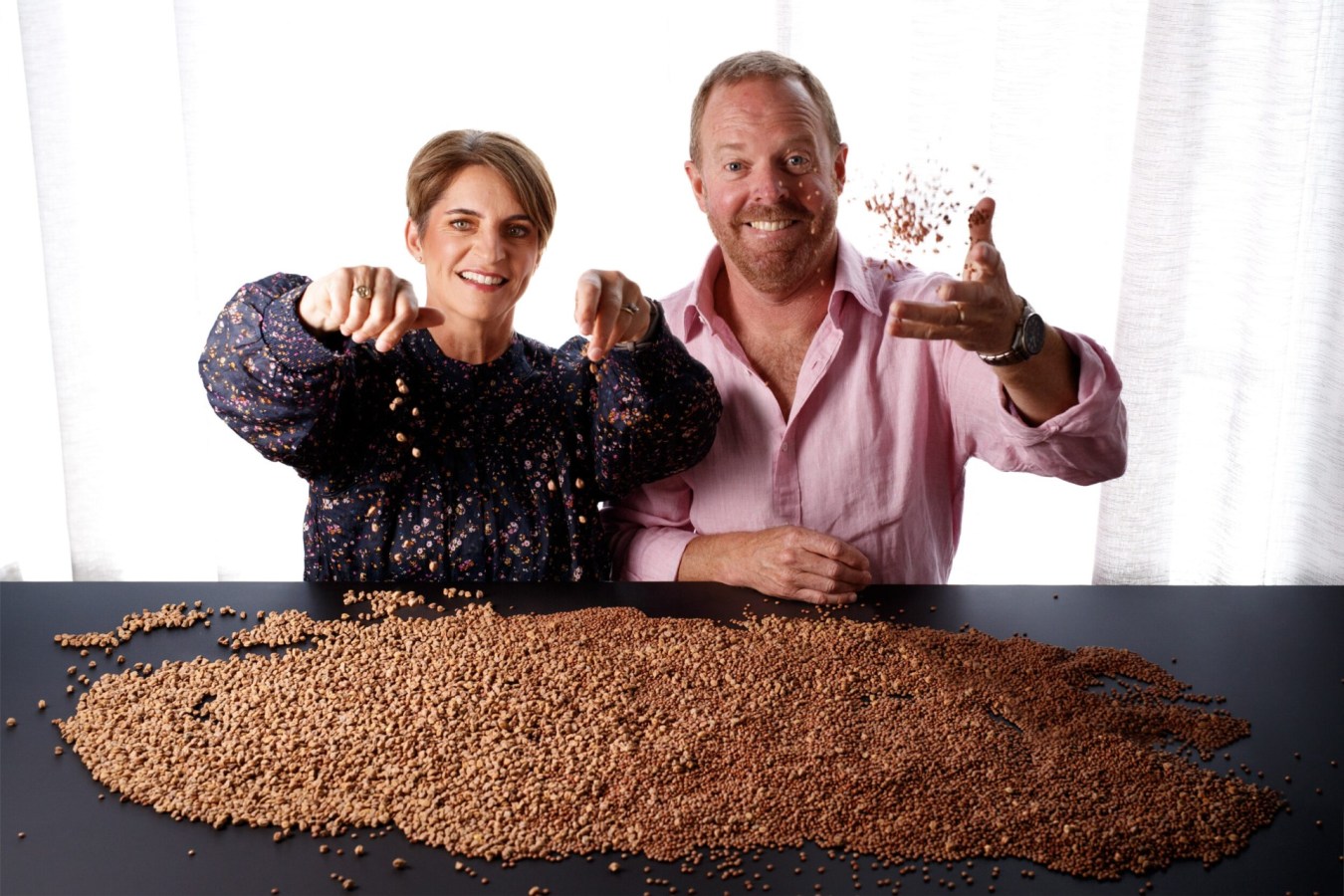How Australia’s oldest family-owned salt business went from stock licks and swimming pools to Michelin-starred restaurants.
This story featured in Issue 13 of Forbes Australia. Tap here to secure your copy.
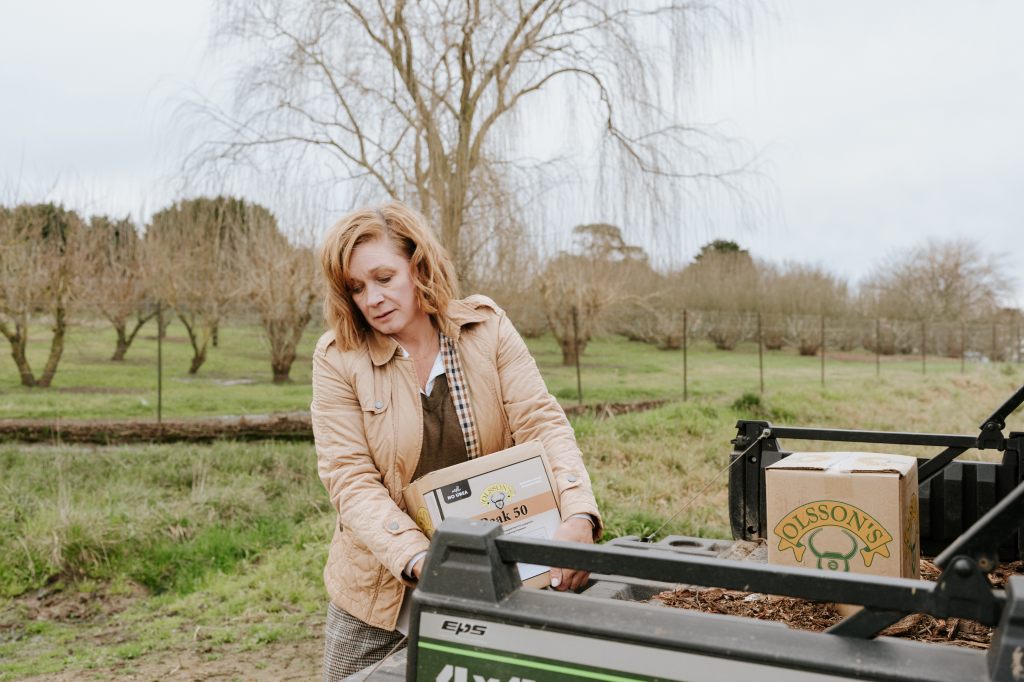
When Alex Olsson came on board the family salt business in 1997, after a 12-year career in hospitality, she found a company in the depths of a price war. An American firm was importing cheap products from Asia.
“They undercut us for five years to try and break us,” says Olsson. “But they’d obviously never met us. We tightened our belts, paid no wages to the family, and put them out of business. Dad was proud of that.”
Her father, Charles, along with his brother, Donald, had been with the company at its foundation in 1954, making it now the oldest family-owned salt business in Australia. Their father bought a second-hand salt press in the 1940s to replace his ice and coal carting business.
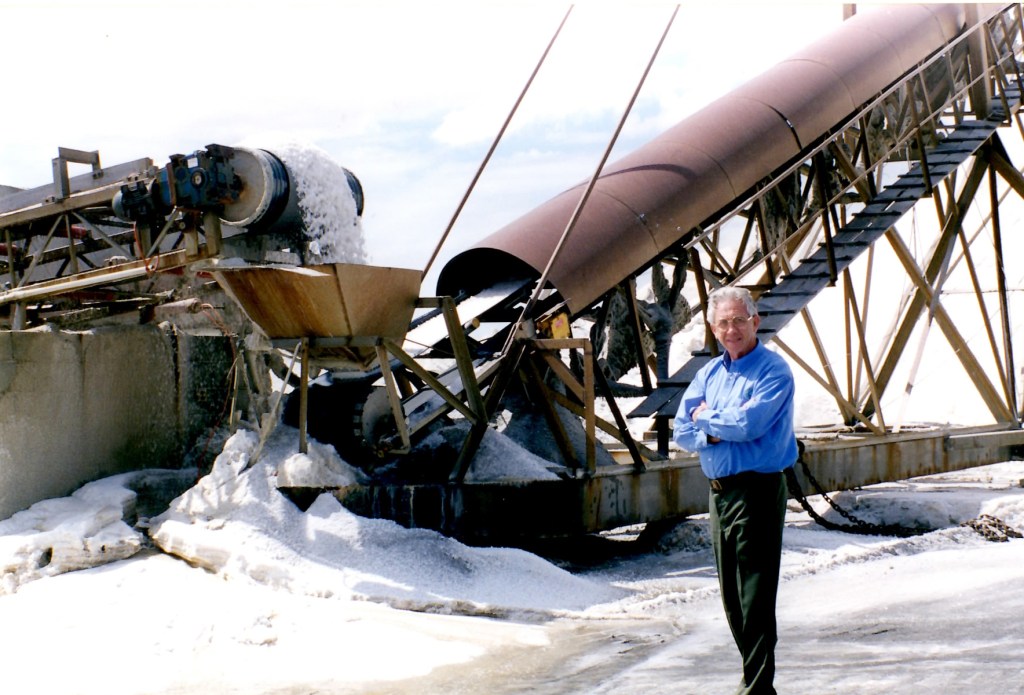
The Olssons had a grazing property near Goulburn, southwest of Sydney, so they knew there was a demand for salt blocks from drought-stricken farmers. They had started buying salt to make the blocks, but by the 1960s had their own salt pans – first in South Australia and then in Queensland, selling the surplus into the cheaper end of the market with swimming pool salt, no-name table salt and industrial commodity salt.
For the first seven years, Alex’s job was selling the profitable mainstay of the business – Olsson’s branded salt blocks with added minerals for livestock – to farmers. The price war had brought home a crucial point: they weren’t making any money as a commodity supplier.
“We packaged a lot of no-name brands for supermarkets, whoever… We were losing money on every bottle we sold. We undercut everyone; not thinking about what it cost us.
“It was all our fault. We’re the ones setting the prices. It was a terrible business decision to ruin your own business and ruin the potentiality of the product line based on no research and very little due diligence.
“I put a stop to that. We lost a lot of revenue those first few years, but we started to get some profit margins back into the company.”
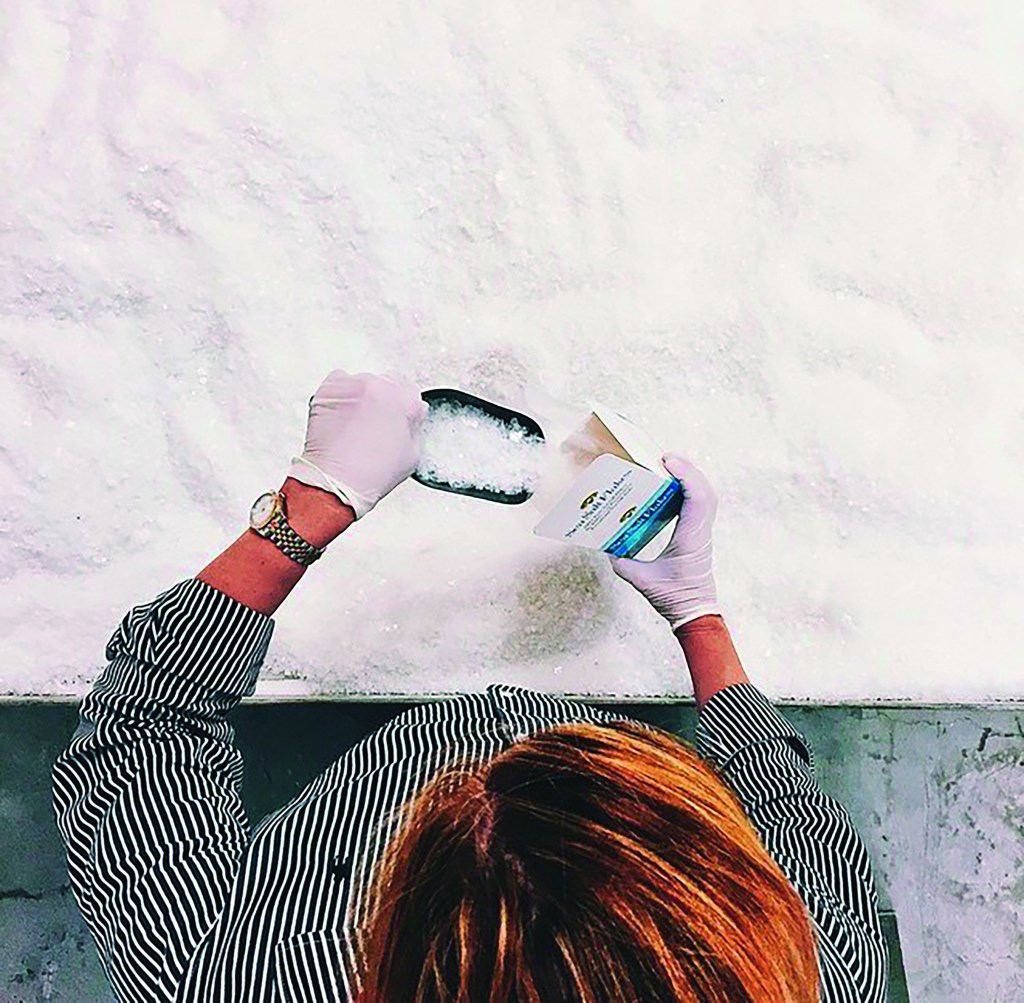
Charles knew they needed a product that was hard to make settling on salt flakes. He’d visited the salt pans of Languedoc in France and observed the natural phenomenon of salt forming into flakes – rather than more rounded crystals – when very cold weather was followed by a hot spell and a gentle breeze.
He wanted to replicate that and spent a decade tinkering, says Alex, and in 2012 came up with a swimming pool-sized pan, refrigerated underneath, with a fan blowing over the top.
Her father tasked Alex with making the Olsson’s brand a household name in the same way the salt blocks were known to graziers. “It was my job to wrap it in marketing and sell it,” she says.
“I went out to all my friends in hospitality. I sent it to every chef I knew. We got about 500 restaurants.” The flakes now account for 10% of revenue while the livestock blocks remain the main profit centre, says Murray Olsson, Alex’s cousin.
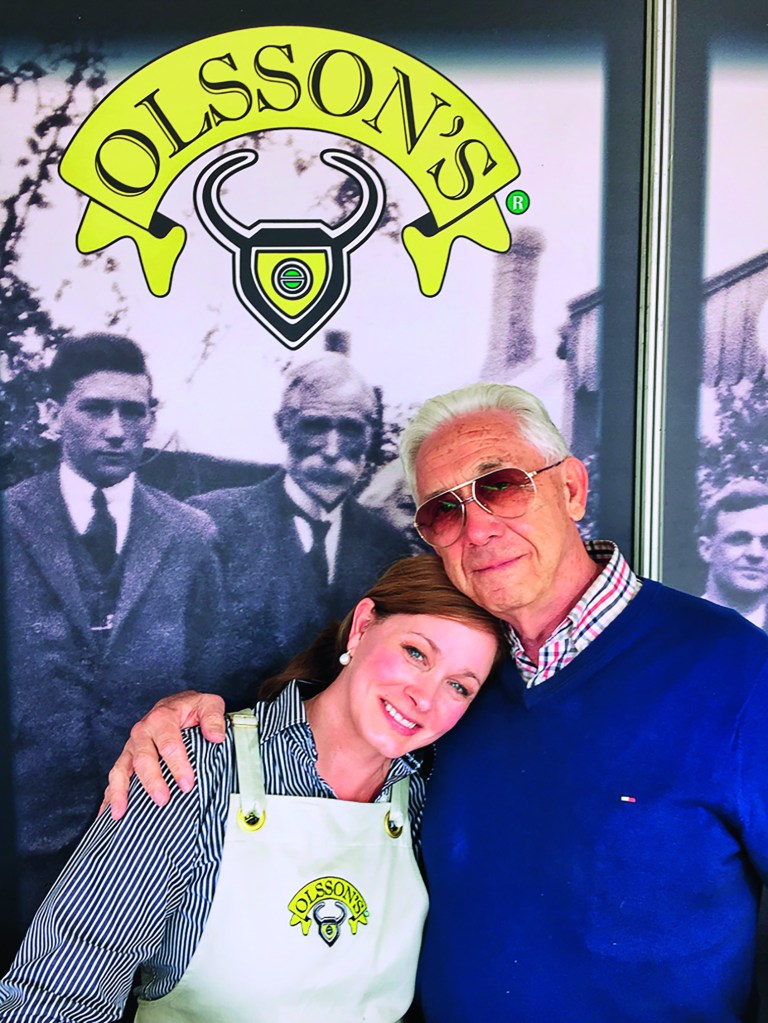
He explains that salt is a carrier that animals love to lick. “In some areas, they might use the salt block to get phosphorus into the animal; in others, it might be selenium or other trace minerals,” Murray says.
Charles died in 2023, aged 82. Murray’s father, Donald, who ran the Queensland side of the business had passed away 12 years earlier.
When Murray, Alex and Alex’s sister Genevieve took over there was no push for a new direction. “Dad was an incredibly good businessman,” says Alex. “He was a wonderful communicator, so he’d already tasked us with the things that we needed to do.”
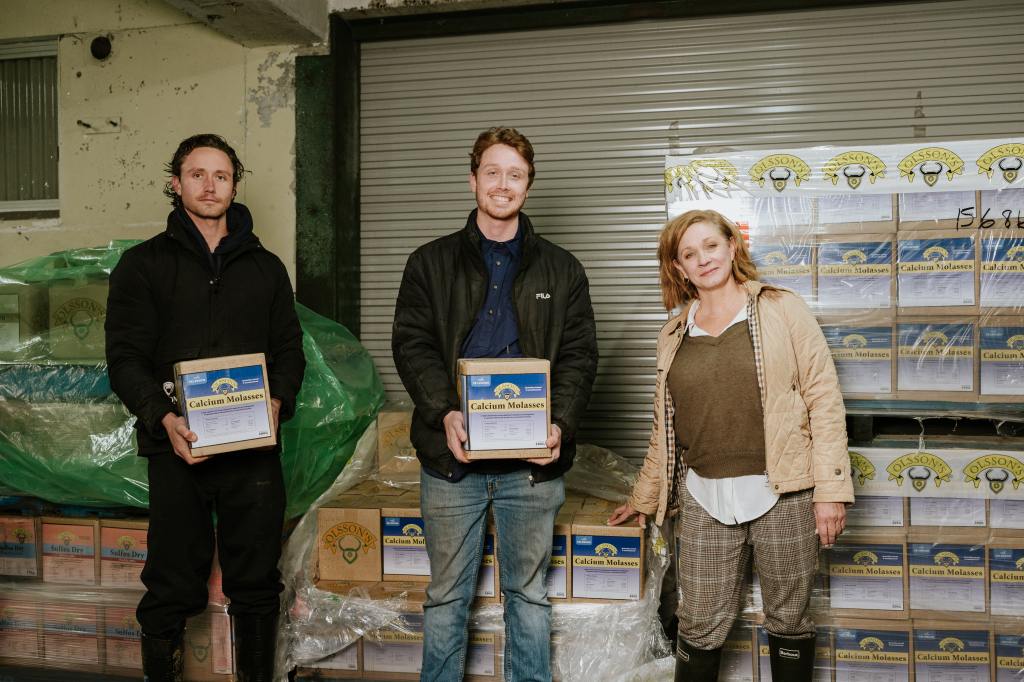
Look back on the week that was with hand-picked articles from Australia and around the world. Sign up to the Forbes Australia newsletter here or become a member here.


